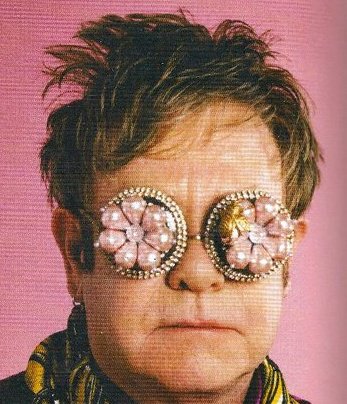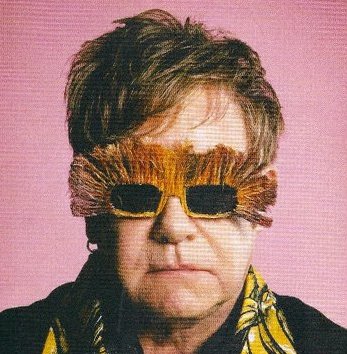- Joined
- Jun 10, 2011
- Messages
- 1,137
- Reaction score
- 12
I posed a question to Dr. Elizabeth Hoppe, the Dean of the new optometry program at WesternU Health Sciences. I asked her to comment on how she can justify the existence of their OD program in light of the existing excess our profession currently faces. Her response is below. I would hope that this thread could be a constructive dialogue highlighting both sides of the argument so that the initial thread intended for applicants to the program is not hijacked.
Personally, I feel the answer below is incredibly belittling to the problem at hand. It's clear that Dr. Hoppe spent several minutes google searching for some articles that have no bearing on the argument at hand, and then listed them as evidence to support her claim. I mean no personal attacks against Dr. Hoppe, I understand she is doing her job, but an actual, credible response would be very much appreciated.
Will representatives of the new schools please comment on their reason for existence with logical, constructive arguments? If Dr. Walls from the Massachusetts school would care to participate, I'm sure his views would be more than welcome. As someone who is beyond retirement age, many ODs would like to know why he feels the program in Massachusetts, an hour and half away from NECO, is needed at all if it's not for financial gain.
Personally, I feel the answer below is incredibly belittling to the problem at hand. It's clear that Dr. Hoppe spent several minutes google searching for some articles that have no bearing on the argument at hand, and then listed them as evidence to support her claim. I mean no personal attacks against Dr. Hoppe, I understand she is doing her job, but an actual, credible response would be very much appreciated.
Will representatives of the new schools please comment on their reason for existence with logical, constructive arguments? If Dr. Walls from the Massachusetts school would care to participate, I'm sure his views would be more than welcome. As someone who is beyond retirement age, many ODs would like to know why he feels the program in Massachusetts, an hour and half away from NECO, is needed at all if it's not for financial gain.
Thank you both for sharing your opinion and your concerns. While my thread is intended to help applicants navigate the application process and school selection, I did forward your question/concern to our Dean and have included her reply below.
Based on the best public health information and statistical data available today, the United States is expected to experience a shortage of all health care providers. Below are some links for more information, including articles that have been published in the Wall Street Journal and the New York Times. The main points relate to expected increases in demand for health care due to improved access through health care reform, increased needs for services due to the aging population, and increased rates of eye disease associated with the diabetes epidemic. In addition, the United States has always had a geographic maldistribution of eye care providers, meaning that some areas have higher concentrations of providers, where other areas (such as rural and urban settings) remain underserved. We often find that people form opinions based on their personal experiences or personal frustrations, rather than based on health policy predictions. We always urge potential students to investigate all of the information and to receive input from a variety of sources. When weighing the evidence to reach a conclusion, we advise all of our current and future students to do the research themselves by looking at primary information sources rather than relying on one person's opinion. In addition to the articles shown below, there is a lot of information from the U.S. Bureau of Labor Statistics Occupational Outlook, the American Public Health Association, and Health and Human Services. Other research publications with workforce projections can be found in the published literature in peer-reviewed manuscripts.
http://online.wsj.com/article/SB10001424052702304506904575180331528424238.html
http://www.nytimes.com/2009/04/27/health/policy/27care.html
http://news.medill.northwestern.edu/chicago/news.aspx?id=162934
Last edited:




